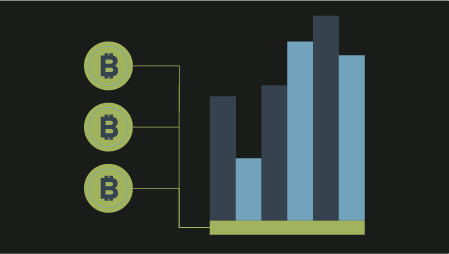Blockchain is an emerging technology that can disrupt different industries, can offer many opportunities but can also carry some challenges, thus it is imperative to understand its implications and learn about the latest trends and developments.
Speaking about trends and developments, I would like to share with you a few of the latest trends, taken from a recent Forbes article:
1. With the regulators taking a much closer look into this technology, the trend will probably be less hype, fewer scams, and a lot more substance with carefully planned and executed projects in this space. As an example, we have recently seen reputable companies such as Walmart investing in solutions that would raise food safety standards, or Amazon announcing two blockchain-based initiatives, or Facebook launching its own cryptocurrency, Libra.
2. The convergence between blockchain and the internet of things (IoT) is likely to continue as organizations start realizing and understanding the security features offered by this technology. Furthermore, the number of connected devices has been increasing at a very fast pace making it impossible to manually keep track of transactions. Therefore, blockchain will be used to log and monitor the communication between them.
3. There will be an increasing number of blockchain initiatives within the Financial Services and Banking industry. According to the Global Fintech Report of 2017, 77% of Fintech institutes expect to adopt blockchain as part of their production system or process by 2020. Also, according to a claim by the Harvard Business Review, blockchain will do to banks what the internet has done to media. The potential is there for blockchain to solve many problems in the Financial Services industry and various features of it make it appealing – namely decentralization, immutability, transparency but also the potential to substantially reduce operational costs. Going into more specific applications, blockchain can be useful in fraud reduction, Know Your Customer (KYC), keeping records of smart assets, application of smart contracts, and trade finance. However, since this is a fairly new technology, there are still important challenges that need to be addressed – such as the interoperability, privacy, security, scalability, energy consumption, as well as legal complexities.
4. Blockchain will make it possible to invest in non-traditional asset classes that otherwise would be available only to institutional investors and high net-worth individuals. As an example, through tokenization, it would be possible to invest in areas such as high-value property and create a liquid trading environment.
5. Cryptocurrencies will still be important and appealing to investors and speculators as they understand better their purpose and use. Continuation of the period of relative stability is thus expected.
Extracts of a speech made at the Blockchain Cyprus Summit



